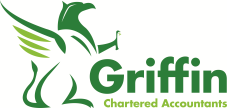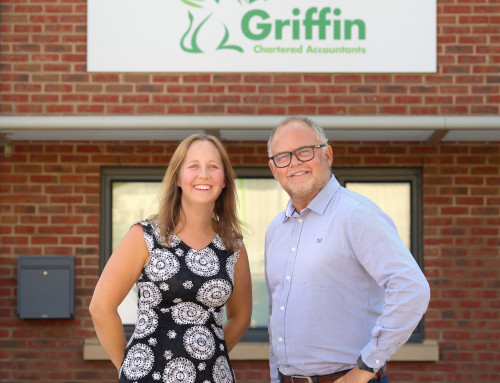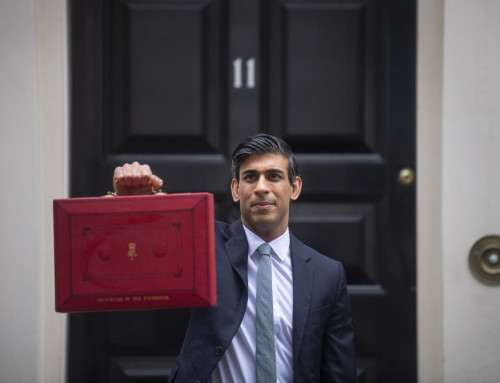2021 Budget Highlights
When we summarised last year’s budget highlights, the idea that the focus would still be on combating Covid-19 a year later seemed remote. With large scale economic uncertainty still present in many of our business sectors, it is likely that conversations regarding the UK’s recovery will be heard for some time to come. The chancellor, Rishi Sunak, today said that “this budget protects the jobs and livelihoods of the British people” and has certainly taken some important steps in extending current support. We highlight the key points from the 2021 budget below.
Key points for businesses
• Furlough Scheme & SEISS grants
The Coronavirus Job Retention Scheme has been extended until the end of September. There will be no changes to the scheme up until 30 June. From 1 July, businesses will be asked to contribute 10% towards employees’ salaries, increasing to 20% in August and September.
The Self-Employment Income Support Scheme will also be extended to the end of September. The fourth and fifth SEISS grants will be available to anyone who has submitted a self-assessment tax return for the 2019/20 tax year, directly benefitting 600,000 people who could not access the first three grants. For self-employed individuals whose income has fallen by more than 30%, the fourth grant will be awarded at 80% of average trading profits as seen in the previous grant. For self-employed individuals whose income has fallen by less than 30%, the fourth grant will be awarded at a rate of 30% of average monthly trading profits.
• Restart grants for businesses
A new “Restart Grant” will be available in April to help businesses re-open. For non-essential retail businesses, who will be some of the first to re-open, grants of up to £6,000 per premises will be available. For businesses in the hospitality, leisure and tourism, personal care and gym sectors, the value of this grant will be up to £18,000.
• Recovery Loan Scheme
A new UK-wide loan scheme will allow businesses to borrow between £25,001 and £10 million. There will be a government guarantee of 80% for lenders of these loans. In addition, asset and invoice financing will be available for up to £10 million, with the aim of helping businesses of all sizes through the next stage of recovery. The scheme will be open to all businesses, including those who have already received support under the existing Covid-19 guaranteed loan schemes.
• Business rates
The business rates holiday for eligible retail, hospitality and leisure properties has been extended to the end of June this year. For the remaining nine months of the tax year, business rates will be discounted by up to two thirds, up to a value of £2 million. This upper limit will be for reserved for businesses who are unable to open.
• VAT
The reduced VAT rate of 5% for hospitality, accommodation and attractions will be extended until the end of September. After this date, an interim VAT rate of 12.5% will apply for a further 6 months.
• Apprenticeships & Traineeships
The apprenticeship incentive scheme has received an extension to the end of September and has had age restrictions removed. Employers who hire apprentices from 1 April 2021 will receive incentive payments of £3,000 per apprentice, irrespective of their age bracket.
An additional £126 million has been pledged towards funding 40,000 new traineeships in England, funding high quality work placements for 16–24 year olds in 2021/22 academic year.
• Minimum wage
An increase in the National Living Wage from April ensures that the lowest paid will continue to receive pay rises. The National Living Wage will rise to £8.91 for over 25s from April 2021, equating to an increase of £350 per year.
• Treating company losses
Businesses who suffer losses in the next three years will have more beneficial options going forwards. Losses of up to £2 million can be carried back to the previous three financial years (previously one year). This will result in additional carry back claims and tax refunds of up to £760k per business per year.
• Corporation Tax
UK businesses that make a profit will continue to pay Corporation Tax at a rate of 19% until April 2023. From this date, businesses whose profits exceed £50,000 will pay a new Corporation Tax rate of up to 25%, dependent on profit levels. Only businesses whose profits exceed £250,000 will pay the full 25% rate.
• Super-deduction for companies
For two years, starting 1 April 2021 until 31 March 2023, companies that invest in new equipment will be able to reduce their tax bill by 130% of the cost. This is expected to be worth around £25 billion to UK companies over the period.
Key points for individuals
• Universal Credit uplift & Working Tax Credit payment
The Universal Credit uplift of £20 per week, which was due to expire at the end of March, has been extended until the end of September. A one-off payment of £500 will also be paid to eligible Working Tax Credit claimants.
• Income tax thresholds
Income tax thresholds will not increase during the 2021/22 tax year. In April 2022, the personal allowance will increase to £12,570 and the higher rate tax threshold will increase to £50,270. These thresholds will then be maintained at the same level until 2026. Whilst the small increase next year is welcome, inflation rates over the next five years are expected to far outweigh the minimal short-term benefits.
• Stamp duty and mortgage schemes
The temporary cut in Stamp Duty Land Tax in England has been extended until the end of September, with the aim of supporting the housing market and protecting and creating new jobs. This extension was announced alongside a new mortgage guarantee scheme that will help UK homebuyers to secure a mortgage up to £600,000 with a 5% deposit.
Get in touch
The 2021 budget has seen many extensions to existing policies and schemes, in addition to the inception of new ones. If you have any questions regarding the details in the Chancellor’s budget, please call the office on 01392 241228 or email Misty at misty@griffinaccountancy.co.uk.




